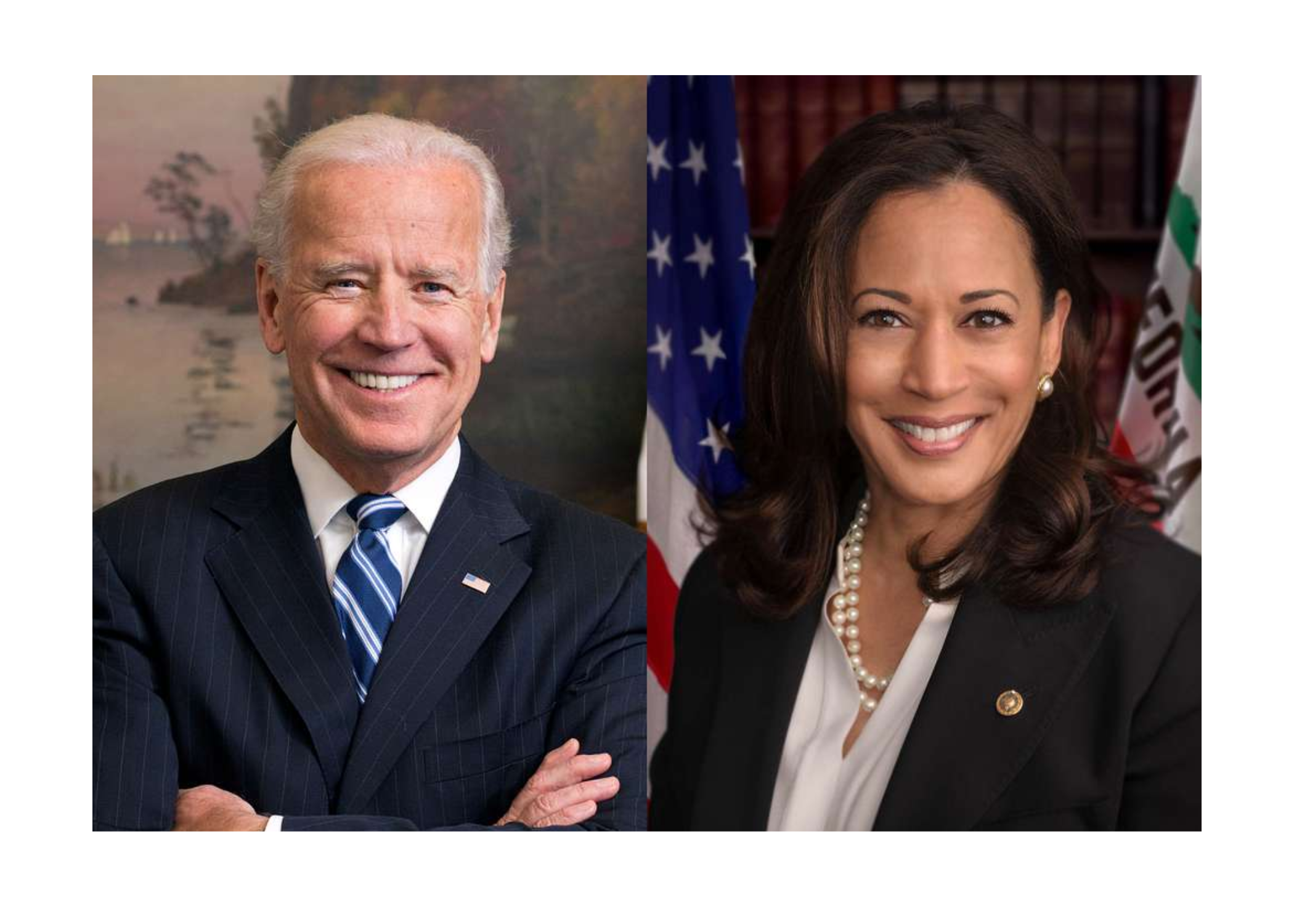Andrew C. McCarthy
National Review, Sept. 3, 2024
“Who is going to help the FBI execute arrest warrants against Hamas in Gaza? The “government” in Gaza is Hamas. The “government” in the West Bank would be Hamas if the Palestinians there were permitted to vote.”
Could it be more fitting that, in the criminal complaint against Hamas leaders unsealed in Manhattan federal court today, the lead defendant charged by the Justice Department is Ismael Haniyeh. Yes, if you were wondering, that would be the Ismael Haniyeh who was killed during a daring Israeli Defense Forces operation in Tehran about five weeks ago (on July 31).
If there was any doubt about it, “September 10 counterterrorism” is back.
The expression refers to the eight years between the 1993 bombing of the World Trade Center and the destruction of that complex in the jihadist atrocities that killed nearly 3,000 Americans on September 11, 2001. That is the period, spanning the Clinton administration, when our government decided to regard jihadist terrorism as a law-enforcement problem to be addressed foremost by courtroom prosecutions.
Merrick Garland, now the Biden-Harris administration attorney general, was a top lawyer in the Clinton Justice Department. The Clinton strategy was not the Justice Department’s doing; America’s counterterrorism strategy is the president’s call. But having been there at the time, I can attest that DOJ was the strategy’s most enthusiastic advocate.
I can further attest that the strategy was a national-security train wreck.
It makes sense, it should be needless to say, to conduct courtroom prosecutions of terrorists who are captured trying to carry out attacks in the United States during ostensible peacetime. There is an argument (I don’t subscribe to it, but it is commonly held nonetheless) that such prosecutions are required by the Constitution, especially if some of the terrorists happen to be American citizens (as was not uncommon in the Clinton-era terrorism prosecutions). It makes even more sense to prosecute material supporters of terrorism in order to choke off the funding and recruitment of foreign terrorist organizations — a significant improvement in American counterterrorism law enacted in the mid-Nineties.. … [To read the full article, click here]


